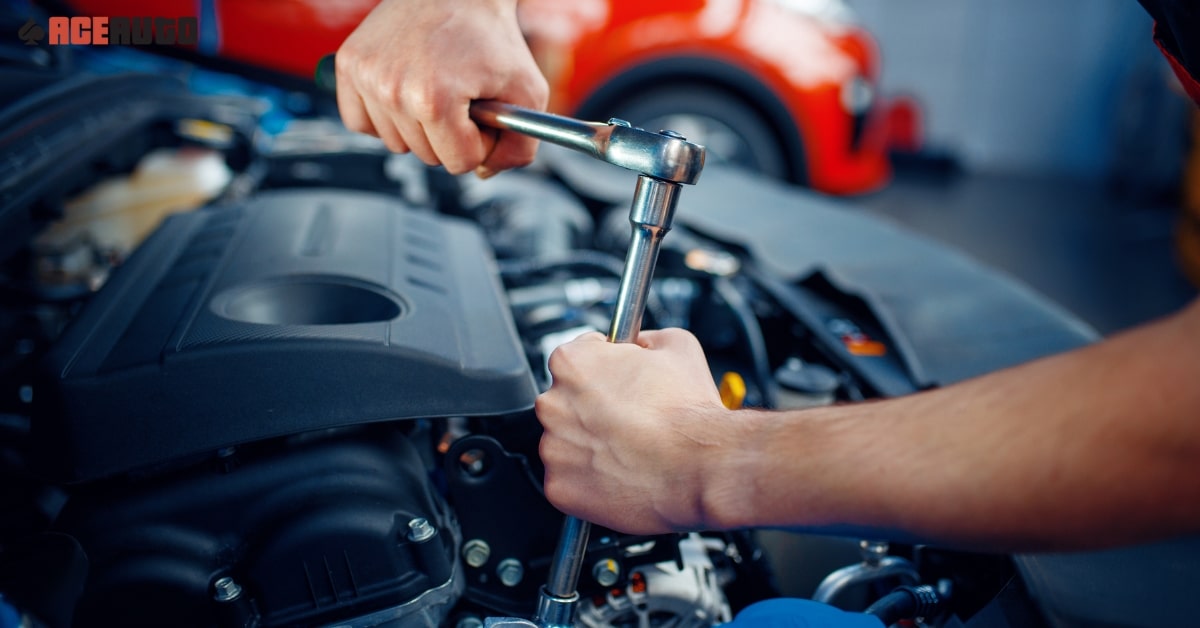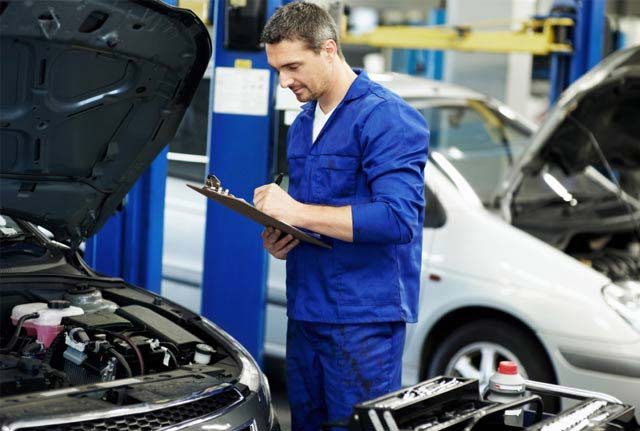All Categories
Featured

Vehicle fluids play vital duties in making sure smooth operation, security, and durability. Below, we'll explore the relevance of checking and keeping your automobile's liquids and pointers for doing so successfully.
- Engine Oil: Protecting Vital Components. Engine oil makes sure that the moving parts of your engine remain lubricated, reducing rubbing and preventing overheating. With time, engine oil breaks down or ends up being polluted, decreasing its effectiveness. Without appropriate lubrication, engine components can wear swiftly, causing decreased efficiency or full failing.
Exactly How to Preserve: Examine the oil degree using the dipstick and complement if required. Follow your vehicle's solution routine for oil adjustments, typically every 3,000 to 7,500 miles, depending on the kind of oil and your driving routines. 2. Coolant: Managing Engine Temperatures. Coolant, or antifreeze, assists control your engine's temperature, protecting against overheating in summer season and freezing in winter months. As it flows, coolant absorbs excess warmth and eliminates it through the radiator. With time, contaminants can accumulate, or the fluid might break down, lowering its performance.

Exactly How to Preserve: On a regular basis check coolant degrees in the tank and check for leakages or staining. Flush and change coolant as suggested, usually every two to five years. 3. Transmission Liquid: Smooth Gear Procedure. Transmission fluid lubricates the transmission system and guarantees smooth equipment changes. A well-kept transmission liquid stops overheating and shields inner elements from wear. Failing to keep this liquid can result in expensive repair services or replacements.
How to Preserve: Inspect the liquid degrees (if your car has a dipstick for transmission fluid) and check its color. Burned or dark liquid indicates it's time for an adjustment, typically every 30,000 to 60,000 miles. 4. Brake Fluid: Ensuring Safety And Security. Brake fluid is vital for moving stress from your foot on the brake pedal to the braking system, allowing your cars and truck to quit effectively. With time, brake fluid can absorb wetness, lowering its boiling factor and jeopardizing braking performance.
Just How to Preserve: Check the brake fluid degree and condition. Have it replaced if it appears dirty or dark. Many makers suggest changing brake liquid every two years or as required. 5. Power Guiding Fluid: Easy Ability To Move. Power guiding fluid enables smooth and effortless steering. Low degrees or infected liquid can make guiding tough, raising the risk of crashes.
Just How to Keep: Examine the fluid frequently and re-fill if levels are low. Keep an eye out for leakages, which can bring about guiding system damages if unsolved. 6. Windshield Washer Fluid: Clear Visibility. Not connected to efficiency, windscreen washer fluid is essential for keeping presence. It assists keep the windshield clean, specifically throughout poor weather or when dirt gathers.

Exactly How to Preserve: Fill up the reservoir as needed and use washing machine liquid created for your environment to stop cold or spotting. Best Practices for Fluid Upkeep. Comply with the Maker's Schedule: Describe your car's owner guidebook for upkeep intervals certain to your vehicle. Display for Leaks: Detecting fluid leaks early can prevent serious damage. Search for pools or spots under your lorry. Use the Correct Fluids: Constantly utilize fluids recommended by your vehicle's producer to prevent compatibility issues. Take Notice Of Caution Signs: Dashboard warning lights, unusual scents, or unusual performance can indicate fluid-related problems. The Benefits of Regular Liquid Checks. Boosted Performance: Fluids in excellent condition help all systems run smoothly. Extended Lifespan: Proper lubrication and cooling prevent early damage on elements. Enhanced Security: Brake liquid and coolant are essential for safe driving. Cost Financial savings: Resolving fluid problems early can stop expensive repair work later. Final thought. Monitoring and preserving your automobile's fluids is a simple yet crucial component of vehicle possession. Whether it's oil, coolant, or brake fluid, remaining positive with maintenance is the essential to lasting automobile health and wellness.
Latest Posts
Find Affordable Auto Repairs with Montclare’s Exclusive Service Specials
Published May 26, 25
1 min read
Discover the Perks of Vinyl Fencing with Montana Fencing
Published May 21, 25
1 min read
Specialist Industrial Roof Solutions in North Platte, Nebraska
Published May 20, 25
2 min read